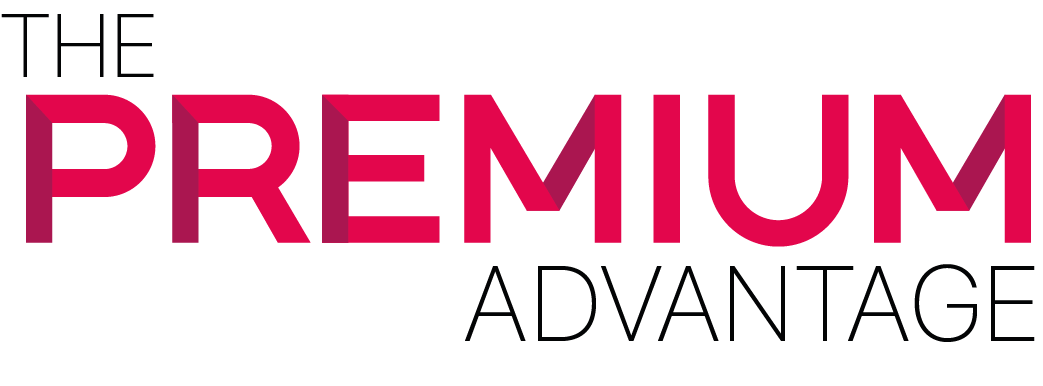As we grow mentors, teachers and our parents teach us very important lessons that we are able to use now in our adult lives. These lessons will help to form our behavior and morals to apply to our daily lives. Did you know that these same lessons can be applied to your personal finances? See these lessons below to help you develop better financial behaviors:
Learned Lessons Can Help Control Your Personal Finances
- Honesty is the Best Policy
We have all created a budget to help control our personal finances. Whether it was a New Year’s Resolution or holding ourselves accountable when spending money. Our plans may be to start saving money for a rainy day or a family getaway. To accomplish this goal we tend to stop eating out and pack a lunch instead. But then that one day you give in to your daily cup of coffee from Starbucks that you used to have. Or you go to a shopping mall and decide you have earned a new outfit with matching shoes. You then get home realizing splurging on a new outfit was not in your budget. So this is when you need to be honest with yourself about where your dollars are going and making sure to track your spending consistently. And do not forget drinking a cup of coffee daily adds up.
- Be on Time
Keeping your credit history healthy can start by paying bills on time and even early. Credit scores are calculated using various criteria but a good portion to determine you score is based on your payment history. Your credit report will state when you are delinquent on payments whether not paid on time or incorrect payment amount. It is very important to keep track of your payments so insure you do not miss a payment as it can affect your credit score.
- You Can Accomplish Anything
Improving your behavior when it comes to your personal finances is a simpler task than many think. The most important behavior in this case would be to exercise personal discipline. Do not overspend or max out your credit cards to keep cash in your pocket. You need to be consistent with your budget. To reduce added stress you can setup recurring payments for bills and reminders on your phone when bills are due.
- Do Your Homework
If you remember back in school teachers would remind you to do your homework and that holds true now as adults. For example, if you are considering getting a vehicle you will do your homework and research you options. You will use the information you find to determine if it will be better to lease or purchase a vehicle. Researching vehicles will help you find one that fits your lifestyle and personal finances. You should also acquire a copy of your credit history and credit score so there are no surprises. As you know your credit score will determine the vehicle you are approved for as well as installments. And most importantly always take a test drive before signing any vehicle contract to make sure the vehicle is the right fit for you.
- Never Be Afraid to Ask Questions
Do not get yourself in a bad situation because you were afraid to ask questions or for help. If you do not know how to better your personal finances always seek resources that can teach you ways in managing your money. These can be programs in your community or a course that can teach you financial responsibility. You can also look at individuals in your personal life and ask them questions regarding their success.
- Learn from Past Mistakes
We all may have a story to tell about our own financial mistakes. But keep in mind that your success will come from how you react and improve on those financial mistakes and bad habits. So do not get discouraged as any financial mistake can always be recovered from even if it takes a lot of work. When you are in a situation like that create a recovery plan and do not make the same mistake twice.
